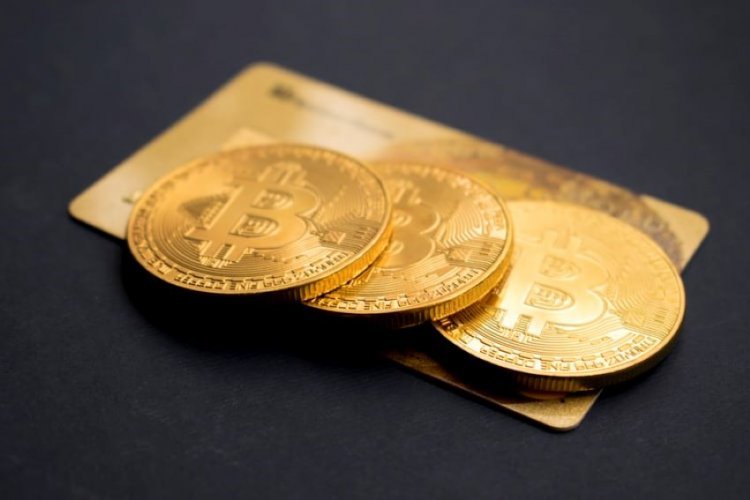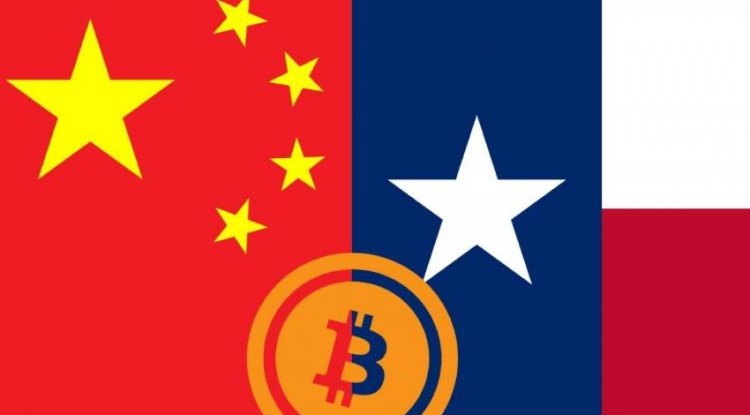Why is El Salvador introducing Bitcoin as the second official currency?
How will Bitcoin provide access to the financial market to the majority of El Salvador residents?

The activities carried out by the Chinese administration, which we have written about in previous articles, have significantly caused fluctuations in the cryptocurrency market. There have even been doubts about whether the survival of cryptocurrencies has been called into question or is it the beginning of the end of digital currencies?
Further developments show that the system is far more resistant to disturbances than it might have been expected. Not only has there been no market retreat, but significant steps have been taken in some countries to introduce cryptocurrencies as a fully equitable model for paying for goods and services.
One such example is the state of El Salvador, which promoted Bitcoin as a legal tender. It should be noted that in El Salvador, the legal tender is the US dollar, due to the fact that almost a quarter of the population of El Salvador lives and works in the USA, sending almost 5 billion USD a year to the home country, which is about 20 percent of gross domestic product (GDP).
It should be noted that this is a decision of the president that needs to be confirmed by Congress, in order for the digital currency to be formally adopted. The main reason for making the mentioned decision is to facilitate the transfer of money from the USA to El Salvador by the citizens of El Salvador who live and work in the USA. In that way, El Salvador will become the first Central American country to formally adopt cryptocurrency.
El Salvador is in many ways a country that represents the characteristics of other countries in the region, and one of those characteristics is that almost 70 percent of the inhabitants of El Salvador do not have bank accounts, so they cannot participate in the financial market. The introduction of cryptocurrencies into official use implies the adoption of appropriate legal regulations.
As we discussed earlier, the legal provisions governing the operation of cryptocurrencies are contrary to the basic idea of cryptocurrencies and each state solves this problem in its own way. There is no general solution, so it is not possible to follow a positive example. How El Salvador's legislators will solve the functioning of cryptocurrencies remains to be seen. Given the fact that the USD is the official means of payment in El Salvador, legislators can be expected to approach the regulation of cryptocurrencies in a similar way as has been done in the United States.
It is obvious that this is a very bold decision of the young president of El Salvador, Nayib Bukele. Given the fact that Nayib Bukele is only 39 years old, his enthusiasm and openness to new technologies are clear. On the other hand, the United States estimates that the El Salvador President is showing signs of authoritarian rule and is expressing its concern in that regard.
Regardless of the different attitudes and approaches to the idea of cryptocurrencies, the fact is that the introduction of Bitcoin as the second official currency will enable the majority of El Salvador residents to have access to the financial market, which wasn't the case so far. In this way, cryptocurrencies experience their further affirmation.
By: Olivia J. - Gossip Whispers




























